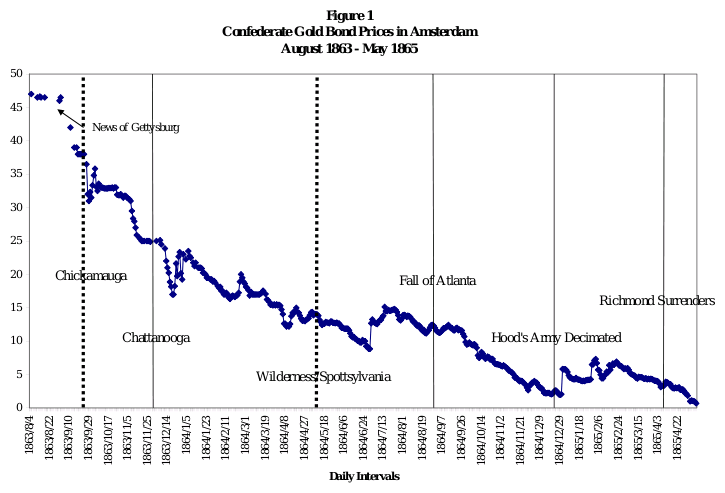I endorse Bill Richardson for temporary dictator of the U.S. jurisdiction. His positions on executive power seem acceptable, his overall domestic policies and record as governor of New Mexico are better than most politicians (i.e., not abominable), and his foreign policy is not insane. Regarding the last, Richardson outlines his principles in this video.
True, Ron Paul‘s more radical foreign (and general) policy is mostly closer to my preferences than Richardson’s. However, in spirit and delivery, Richardson’s foreign policy is a viable and positive alternative to interventionism, approximately the Wright thing, in contrast to Dr. No’s.
And Richardson is in theory electable, while Paul is not. Traders are probably correct in giving Richardson essentially zero chance of winning the Democratic nomination at this point, but they are certifiably insane to give Paul even a smidgen of a chance of winning the GOP nomination (currently about 7%), let alone the dictatorship (4%).
I also think that to the extent the Paul campaign gives some libertarians (entirely false) hope of revolutionary change for the better through electoral politics, the campaign and whatever success it has is a bad thing. It makes me sad to see libertarians impoverish themselves by sending a “moneybomb” to a hopeless electoral campaign.
However, I probably would not have bothered to tack on this anti-endorsement of Paul had I not seen this excrement from his campaign.
Paul is also a religious kook (but then so is every candidate, of one sort or another). At least Barack Obama admits doubt, which I’d challenge any other candidate to do. As Richardson doesn’t have any chance of nomination, this post is effectively an Obama endorsement.
Via Freedom Democrats and Sheldon Richman.


